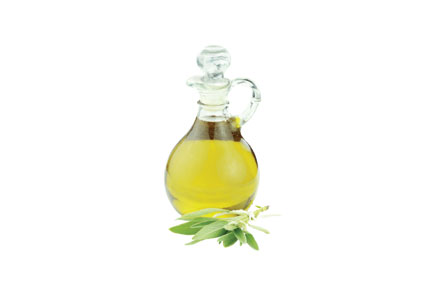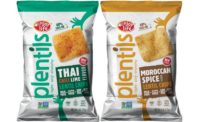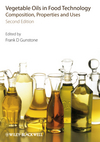A Need for Oils
A.T. Kearney released a study “New Oils for the New World.”

James Rushing, A.T. Kearney partner and co-author of the study commented, “The solution to the current sustainability challenges of the vegetable oil market must include a mixture of sustainable palm oil, substitution using existing vegetable oils, and development of new oils. Stakeholders of all types have banded together to improve the sustainability of palm oil and this same energy and collaboration should be applied to the development of sustainable new oil alternatives to palm oil.”
Palm Oil
Palm oil is a major industrial commodity with total annual sales of approximately $50 billion. An industrial feedstock in food and confectionery goods, cosmetics, detergents and increasingly, biofuels, it is also an important food source in large parts of the developing world. The use of palm oil has skyrocketed in recent years, and at 50 million metric tons it is the most heavily utilized vegetable oil. Palm oil is versatile as it is readily usable for baking, frying, soaps, cosmetic, and biofuel. In contrast, most other vegetable oils require hydrogenation for some food uses, resulting in the formation of heart-unhealthy transfats. But, the planet cannot sustain the ever-expanding levels of palm oil production, which some project could nearly triple by 2050. Rapid expansion of palm oil plantations have destroyed rain forests across broad swaths of Southeast Asia contributing to greenhouse gas emissions and eroding biodiversity.
New Oils
Emerging technologies, which are not yet commercially available and whose technical feasibility in many cases is yet to be proved, will almost certainly drive the next generation of oils. The leading alternative oils are oils that are developed from microorganisms, specifically algae. Heterotrophic algal oil is an example. These oils have the potential to mitigate many of the challenges faced by the vegetable oil market. The new oils offer greater resistance to supply shocks (weather), there are supply chain cost advantages as these oils can be produced in across broad geographies, and they can be customized to meet buyer’s needs. Most importantly, these oils offer the opportunity to develop a new raw material with sustainability and health in mind from the start.
The collaboration of the key stakeholders in the industry (suppliers, industry buyers, governments, academia, NGOs and end consumer) is critical to the successful development of the news oils. Although sustainable palm oil and other vegetable oils are necessary elements in today’s oil portfolio, they are not enough. New oils must be a part of the solution.
Chui Lee, A.T. Kearney principal and co-author of the study commented, “For an alternative oil option to be commercially viable it must be technically feasible, available, affordable, acceptable to consumers, and sustainable – the new oil alternatives have the opportunity to meet all of these requirements.”
Study Recommendations
• Oil buyers must create a forum that commits significant financial means, human resources and expertise for partnerships with suppliers to enable technical feasibility and successful commercialization of new oils.
• Governments must issue regulations and provide incentives in the form of taxes, regulation, research, and favorable policy to promote the development and use of new oils.
• Health- and environment-related NGOs must create awareness and promote demand for new oils from buyers and end consumers.
To access the full report go to www.atkearney.com.
Looking for a reprint of this article?
From high-res PDFs to custom plaques, order your copy today!






